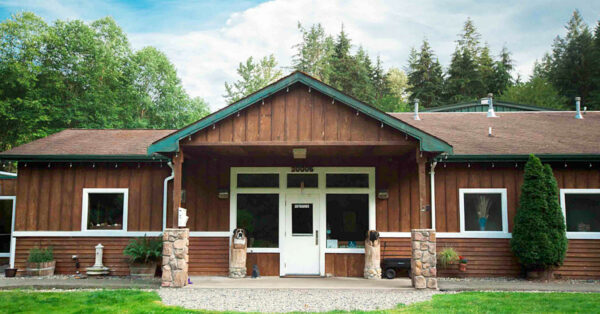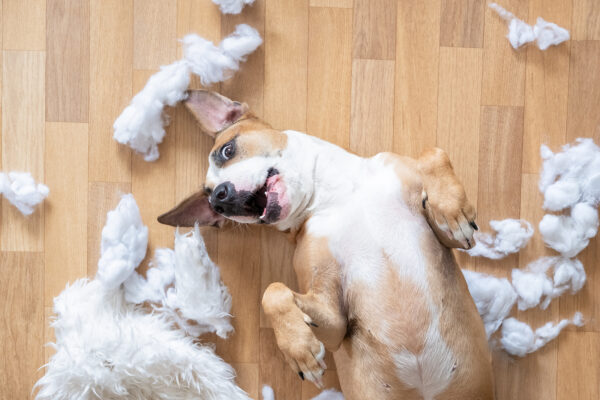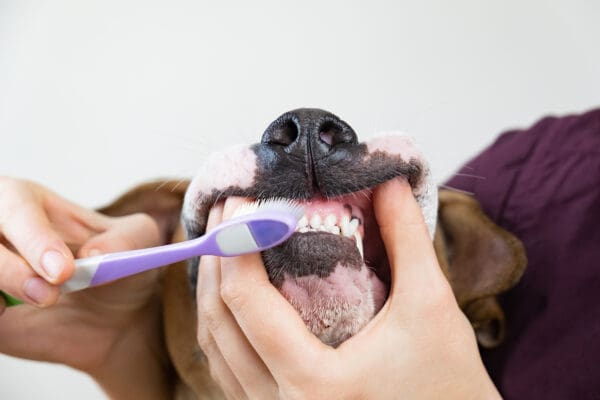
11401 NE 195th St. Bothell, WA 98011
(425) 486-9000 PHONE (425) 486-9002 fax
We provide emergency services 24 hours a day, 7 days a week.
It is our goal at the Center for Bird and Exotic Animal Medicine to provide our patients with emergency care for injuries or illnesses that require immediate attention.
As it is often difficult to tell whether or not a pet requires immediate care, or can wait until the next business day, the following conditions are generally considered emergencies that should not wait:
- Severe lethargy; sitting on bottom of cage and fluffed, laying on side, or unable to stand
- Poorly responsive to stimulation that normally interests pet (toy, opening cage, treat, etc.)
- Uncontrolled bleeding
- Fractures with bone protruding from an injury site
- Difficult, rapid or labored breathing; or
- Anorexia (not eating) for 24 hour duration (12 hours in a very small or young animal) in mammals and birds.
- If you are uncertain whether or not your pet requires immediate emergency attention, please contact the doctor on call, as it is better to be safe than sorry.
In cases of emergency or possible urgent care, call the Center for Bird and Exotic Animal Medicine at (425) 486-9000. The recording will give you the number of the doctor on call. Call the given number and either the doctor on call will answer, or leave a message for a return call. The emergency number is 425-780-1444; however, this number is never checked during open hours and may change.
Please note that if you have your phone number blocked, you will need to turn off the blocking before you dial, or the message will not go through.
If your call goes unanswered after 10-15 minutes, please call again as the doctor may have been unreachable due to limitations in cellular technology.
The following first aid tips may help while waiting for the doctor to return your call:
- Control bleeding with direct pressure or a pressure bandage (not a tourniquet).
- Gently warm a cold pet with hot water bottles wrapped in a towel, a heat-producing light placed a safe distance from your pet, or a heating pad on low, wrapped in protective cloth and either alongside or under the enclosure. Never place pet directly on a heating pad.
- A poorly responsive, anorectic, pet that can swallow can be given small amounts of Karo or pancake syrup (not sugar-free). A small amount may be placed between the cheek and teeth for absorption.
- Minimize stress and handle as little as possible. Keep pet in a box, cage or enclosure.
- Place pets with fractures or other injuries in small containers to minimize activity.
- To reduce stress and minimize the pet’s activity, darken the room or cage, or gently place a cover or towel on the box or enclosure.
Again, we are here to provide care for your pet, and the longer the time a condition is allowed to progress, the more difficult it may be to treat or resolve.
March 30, 2015
Content of this Care Sheet Courtesy of:
The Center for Bird and Exotic Animal Medicine
11401 NE 195th St. Bothell, WA 98011
(425) 486-9000 PHONE (425) 486-9002 fax



